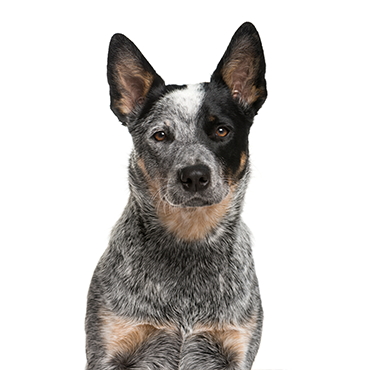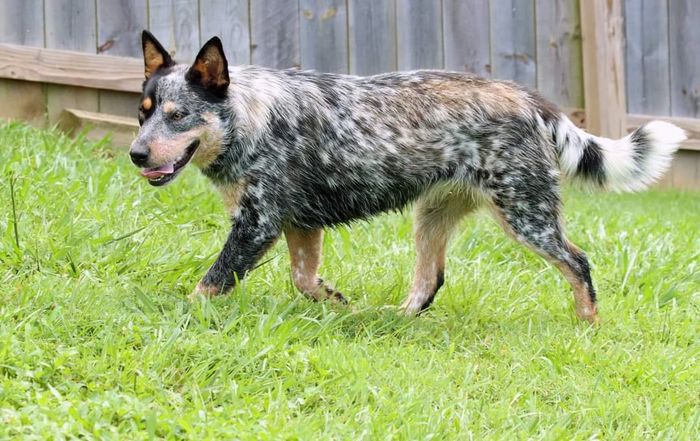Understanding the Blue Heeler Breed
When considering a new furry companion, the Blue Heeler, also known as the Australian Cattle Dog (ACD), stands out for its unique characteristics and loyal nature. Originating from Australia, this breed was developed to herd cattle over vast distances, a task that requires intelligence, endurance, and a strong work ethic. According to the American Kennel Club (AKC), the Blue Heeler is classified under the Herding Group, highlighting its natural herding instincts. These dogs are known for their agility, making them excellent candidates for various dog sports and activities.

Why Choose a Blue Heeler?
Choosing a Blue Heeler as your next pet can be a rewarding decision, but it’s essential to understand what makes this breed special. Blue Heelers are highly intelligent, which can be both a blessing and a challenge. Their intelligence means they can learn quickly, but it also means they require mental stimulation to prevent boredom. As Cesar Millan, the renowned dog behaviorist, once noted, “A tired dog is a good dog,” and this is especially true for Blue Heelers. Without adequate exercise and mental challenges, they can become destructive or develop behavioral issues.

Finding the Right Blue Heeler for Sale
When searching for a Blue Heeler for sale, it’s crucial to approach the process with care and diligence. Reputable breeders will prioritize the health and well-being of their dogs, ensuring that they are raised in a nurturing environment. According to the Humane Society, purchasing from a responsible breeder can significantly reduce the risk of genetic disorders and other health issues. Additionally, reputable breeders will be able to provide documentation of the dog’s lineage, health screenings, and any relevant certifications.

Health Considerations for Blue Heelers
Health is a paramount concern when bringing any dog into your home, and Blue Heelers are no exception. These dogs are generally healthy, but like all breeds, they are prone to certain genetic conditions. Hip dysplasia, progressive retinal atrophy (PRA), and deafness are some of the common health issues seen in Blue Heelers. Regular veterinary check-ups and a healthy diet can help mitigate these risks. As Dr. Karen Becker, a well-known holistic veterinarian, advises, “Prevention is always better than cure,” emphasizing the importance of proactive health care for your pet.

Training and Socialization
Training and socialization are critical components of raising a well-adjusted Blue Heeler. These dogs thrive on structure and routine, and early training can help establish good habits. Positive reinforcement techniques are particularly effective with Blue Heelers, as they respond well to praise and rewards. Socialization from a young age is also essential to ensure that your Blue Heeler is comfortable around other dogs and people. As noted by the American Veterinary Society of Animal Behavior, “Early socialization can prevent many behavior problems later in life.”
The Blue Heeler’s Role in Modern Families
In modern families, the Blue Heeler can be an excellent companion, provided their needs are met. These dogs are loyal and protective, making them great watchdogs. However, their high energy levels mean they are best suited for active families who can provide them with plenty of exercise and mental stimulation. According to a study published by the University of California, Davis, “Dogs that receive adequate exercise and mental enrichment are less likely to exhibit behavioral problems.” This aligns with the needs of Blue Heelers, who require both physical activity and mental challenges to thrive.

Conclusion
In conclusion, the Blue Heeler is a remarkable breed with unique qualities that make them an excellent choice for the right owner. Their intelligence, loyalty, and work ethic are traits that can be harnessed to create a fulfilling relationship. However, it’s essential to approach the decision to bring a Blue Heeler for sale into your home with careful consideration of their needs and your ability to meet them. By doing so, you can ensure a happy and healthy life for both you and your new furry friend.


